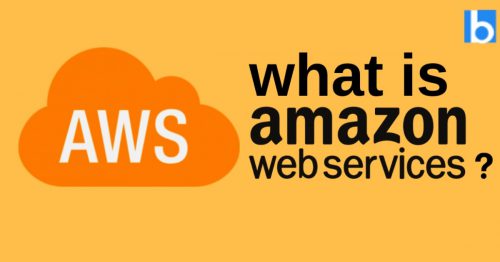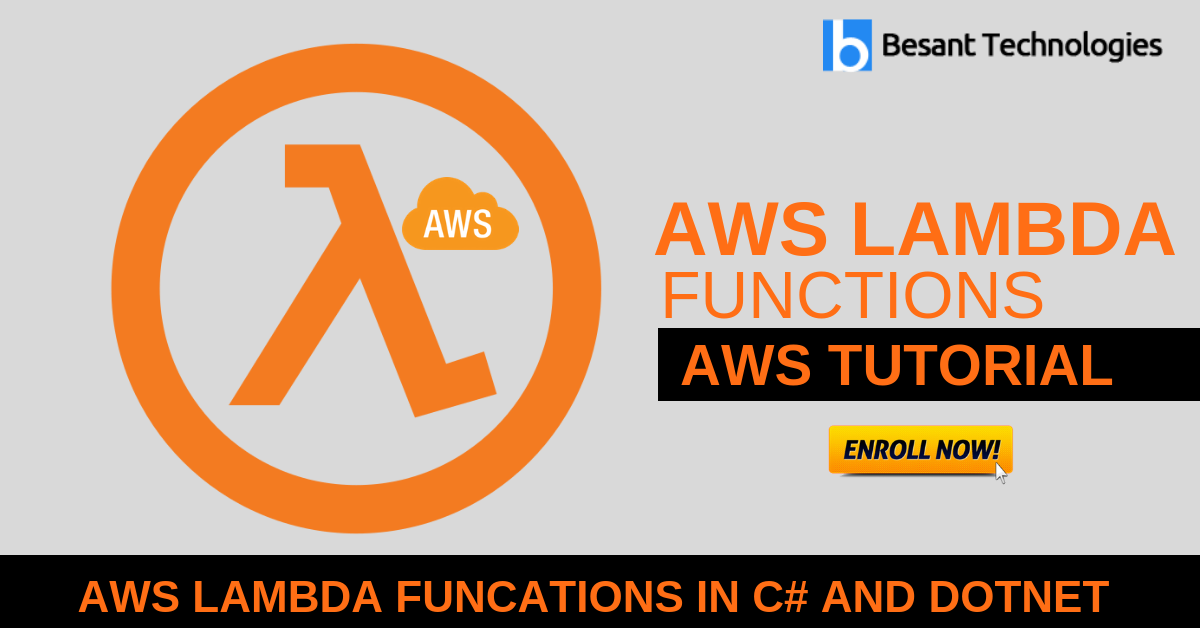Amazon Web Services (AWS) is a complete and evolving cloud computing platform provided by Amazon. It offers a combination of infrastructure-as-a-service (IaaS), platform-as-a-service (PaaS) and packaged as a service (SaaS) software offerings.
AWS was launched in 2006 from the in-house infrastructure Amazon.com has built to manage its online retail operations. AWS was one of the first companies to introduce a pay-per-use cloud computing model that is extended to provide users with calculation, storage or performance as needed.
Amazon Web Services provides services from dozens of data centres distributed in Availability Zones (AZs) in regions around the world. An AZ represents a location that typically contains several physical data centres, while a region is a collection of AZ in geographic proximity connected by low latency network links. An AWS client can activate virtual machines (VMs) and replicate data across different AZs to obtain a highly reliable infrastructure that can withstand individual server failures or a complete data centre.
More than 100 services make up Amazon’s Web services portfolio, including IT, database, infrastructure management, application development, and security. These services, by category, include:
Compute
Amazon Elastic Compute Cloud (EC2) provides virtual servers, called instances, for computing capacity. The EC2 service provides dozens of instance types with different capabilities and sizes, tailored to specific workload types and applications, such as accelerated computing and memory intensive work. AWS also provides an automatic sizing tool to dynamically scale the ability to maintain instance health and performance.
Amazon EC2 Container Service and the EC2 Container Registry allow customers to work with containers and images from Docker on the AWS platform. A developer can also use AWS Lambda for serverless functions that automatically run code for applications and services, as well as the AWS Elastic Beanstalk for PaaS. AWS also includes Amazon Lightsail, which provides private virtual servers, and AWS Batch, which processes a number of tasks.
Become an AWS Certified Expert in 25Hours
Storage
Amazon Simple Storage Service (S3) provides scalable storage of objects for backup, archiving, and data analysis. An IT professional stores data and files as S3 objects, which can reach up to 5 GB, inside S3 warehouses to keep them organized. A company can save money on the S3 through its little-accessed storage level or use Amazon Glacier for long-term cold storage.
The Amazon Elastic Block Store provides block-level storage volumes for storing persistent data for use with EC2 instances, while the Amazon Elastic File System provides cloud-based managed file storage.
A company can also migrate data to the cloud through storage transport devices, such as AWS Snowball and Snowmobile, or use the AWS Storage Gateway to allow local applications to access data in the cloud.
Databases, Data management
AWS provides managed database services through the Amazon Relational Database Service, which includes options for Oracle, SQL Server, PostgreSQL, MySQL, MariaDB, and a high-performance patented database called Amazon Aurora. AWS offers NoSQL databases managed through Amazon DynamoDB.
An AWS client can use Amazon ElastiCache and DynamoDB Accelerator as in-memory data caches for real-time applications. Amazon Redshift offers a data warehouse, which makes it easier for data analysts to perform business intelligence tasks.
Become an AWS Expert with Certification in 25Hours
Migration, Hybrid cloud
AWS includes a number of tools and services designed to help users migrate applications, databases, servers, and data to their public clouds. The AWS Migration Hub provides a place to monitor and manage migrations from local installations to the cloud. Once in the cloud, EC2 Systems Manager helps an IT team configure local servers and AWS instances.
Amazon also has partnerships with several technology vendors that facilitate hybrid cloud deployments. VMware Cloud at AWS brings the data centre technology defined by VMware software to the AWS cloud. Red Hat Enterprise Linux for Amazon EC2 is the product of another partnership that extends the Red Hat operating system to the AWS cloud.
Networking
An Amazon Virtual Private Cloud (VPC) gives the administrator control over a virtual network to use an isolated section of the AWS cloud. AWS automatically provision new features within a VPC for additional protection.
Administrators can balance network traffic with AWS load balancing tools, including Application Load Balancer and Network Load Balancer. AWS also provides a domain name system called Amazon Route 53, which forwards end users to applications.
An IT professional can establish a dedicated connection from a local data centre to the AWS cloud through AWS Direct Connect.
Development tools and application services
The developer can use AWS command line tools and software development kits (SDKs) to deploy and manage applications and services. The AWS command line interface is Amazon’s proprietary code interface. The developer can also use AWS for Windows and AWS cloud management PowerShell without AWS simulation application server to test Lambda features. AWS SDKs are available for various platforms and programming languages, including Java, PHP, Python, Node.js, Ruby, C ++, Android and iOS.
Amazon API Gateway enables the development team to create, manage and monitor custom APIs that allow applications to access data or back-end functionality. Gateway API manages simultaneous thousands of concurrent calls to the API.
AWS also provides a Service Pack for Media Recoding, the Amazon Elastic Transcodes, and a service that displays workflows for microservice applications, the AWS feature step.
The development team can also create continuous integration and continuous lines service delivery such as AWS CodePipeline, AWS CodeBuild, AWS, and AWS CodeDeploy CodeStar. The developer can also store code in Git repositories using the AWS CodeCommit and evaluate the performance of X-Ray based AWS applications.
To getting expert-level training for Data Science Training in your location –AWS training in Chennai | AWS Training in Bangalore | AWS Training in Pune | AWS Training in Tambaram


